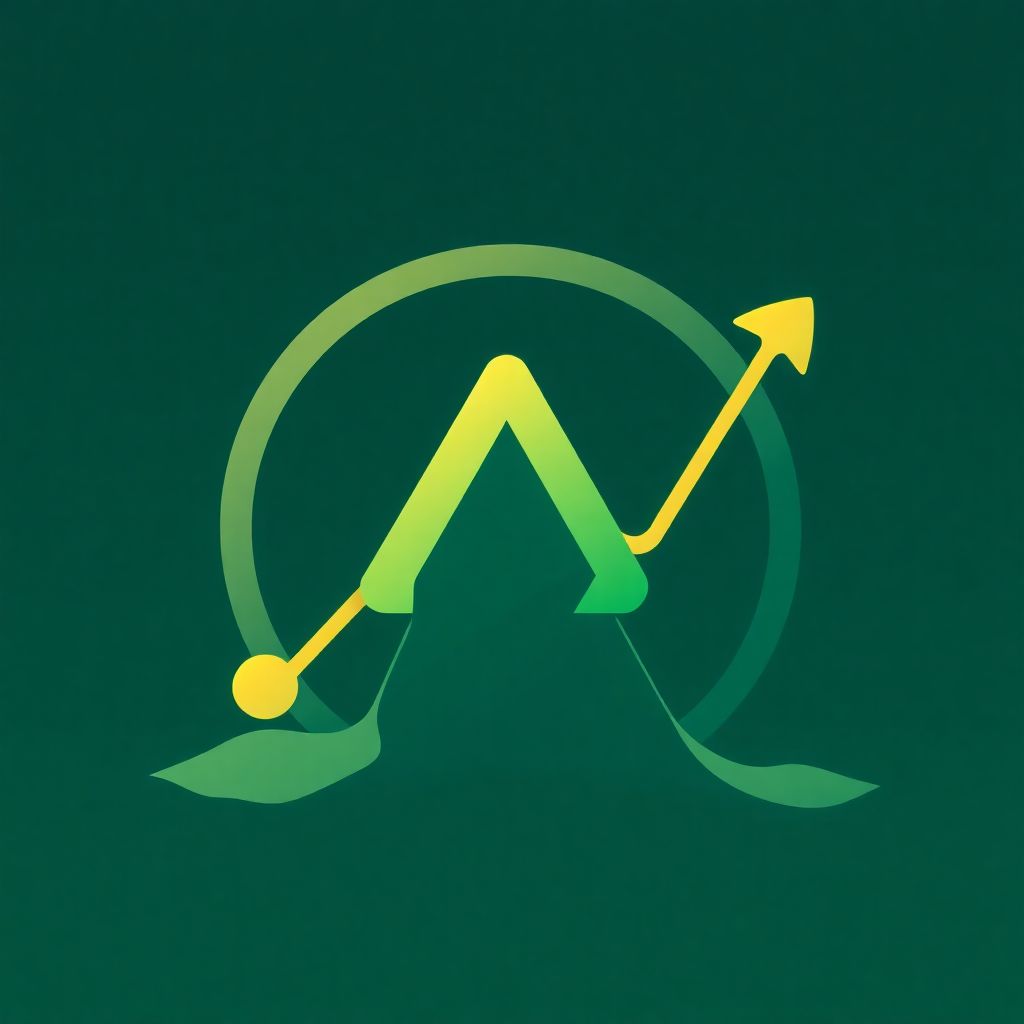Akash Network (AKT) has recently seen a notable price surge, climbing by approximately 31% over the weekend, as the broader cryptocurrency market begins to recover. This rally positioned AKT as one of the top-performing altcoins in recent days, though the token has since retraced slightly due to increased profit-taking among investors.
The initial spike in AKT’s value was largely fueled by renewed optimism across the crypto space. Bitcoin’s resurgence above the $115,000 mark acted as a catalyst for a number of altcoins, including AKT. The correlation between the movements of Bitcoin and major altcoins remains strong, and Akash Network benefited directly from this broader market upswing.
Despite the impressive gains, AKT faced resistance as it approached the psychologically significant $1 mark. Momentum began to fade, with sellers stepping in to secure profits, causing the token to pull back toward the $0.85 zone. This level has now become a key area of interest for both bulls and bears — a successful reclaim of $1 could signal continuation toward higher targets such as $1.20 or even $1.50.
One of the core drivers behind the weekend rally was heightened activity from crypto whales. According to on-chain data, large-scale orders flooded spot markets at the height of the rally, suggesting that institutional or high-net-worth investors may have played a key role in initiating the move. While the exact direction of these whale trades was unclear, the volume alone was enough to inject significant volatility and bullish momentum into the market.
Another factor contributing to AKT’s price action was the recent outage experienced by Amazon Web Services (AWS). The disruption affected a wide array of Web3 applications that rely on centralized cloud infrastructure. In contrast, Akash Network — a decentralized cloud computing platform — remained fully operational. This contrast highlighted the value proposition of decentralized alternatives and brought renewed attention to Akash as a viable solution to centralized cloud failures.
Capitalizing on this moment, Akash Network positioned itself as a resilient alternative in the decentralized infrastructure space. The company’s messaging emphasized the importance of decentralization and fault tolerance, appealing to users and developers who are increasingly wary of relying on centralized platforms for mission-critical services.
Market sentiment around AKT remains cautiously optimistic. Analysts monitoring futures volume and open interest note that current conditions are far from being overheated. On heatmaps such as the Futures Volume Bubble Map, AKT is still in a “cooling” phase, which typically suggests that the recent rally hasn’t yet reached the level of speculative excess that often precedes steep corrections.
However, recent data indicates a short-term shift in momentum. A higher volume of AKT tokens has been transferred to exchanges compared to those being withdrawn, signaling a wave of profit-taking. This trend could suppress price growth in the near term, as sellers continue to exert pressure at key resistance levels.
Looking ahead, AKT’s ability to reattempt a push toward $1 will depend on several factors: a pause in profit-taking, sustained interest from whales or institutional players, and continued positive sentiment in the overall crypto market. If these elements align, bulls may regain control and target higher resistance zones.
Beyond short-term price action, the fundamentals of Akash Network remain strong. Its decentralized cloud infrastructure model offers a compelling alternative to traditional providers, especially in an era where concerns over censorship, outages, and data sovereignty are growing more prevalent.
In addition, the network’s native token AKT plays a crucial role in facilitating transactions and incentivizing resource sharing among providers and users. This utility adds long-term value to the token, beyond speculative trading.
As Web3 continues to evolve, demand for decentralized infrastructure like Akash is expected to increase. This macro trend could provide a sustained tailwind for AKT’s price, particularly as developers seek more resilient and censorship-resistant environments to deploy their applications.
Another aspect that could influence AKT’s trajectory is the expansion of partnerships and ecosystem integrations. If Akash can secure collaboration with major DeFi, NFT, or AI projects looking for decentralized compute power, this could significantly boost adoption and token demand.
The project’s roadmap also includes improvements to scalability, user experience, and interoperability. These upgrades could attract a broader user base and increase network usage, further strengthening the value proposition of AKT.
In conclusion, while AKT’s recent rally was impressive, its future price performance will hinge on a mix of market dynamics, investor behavior, and the project’s ability to capitalize on growing demand for decentralized cloud solutions. For now, the token remains one to watch, especially if it manages to consolidate above $0.85 and challenge the $1 barrier once again.
